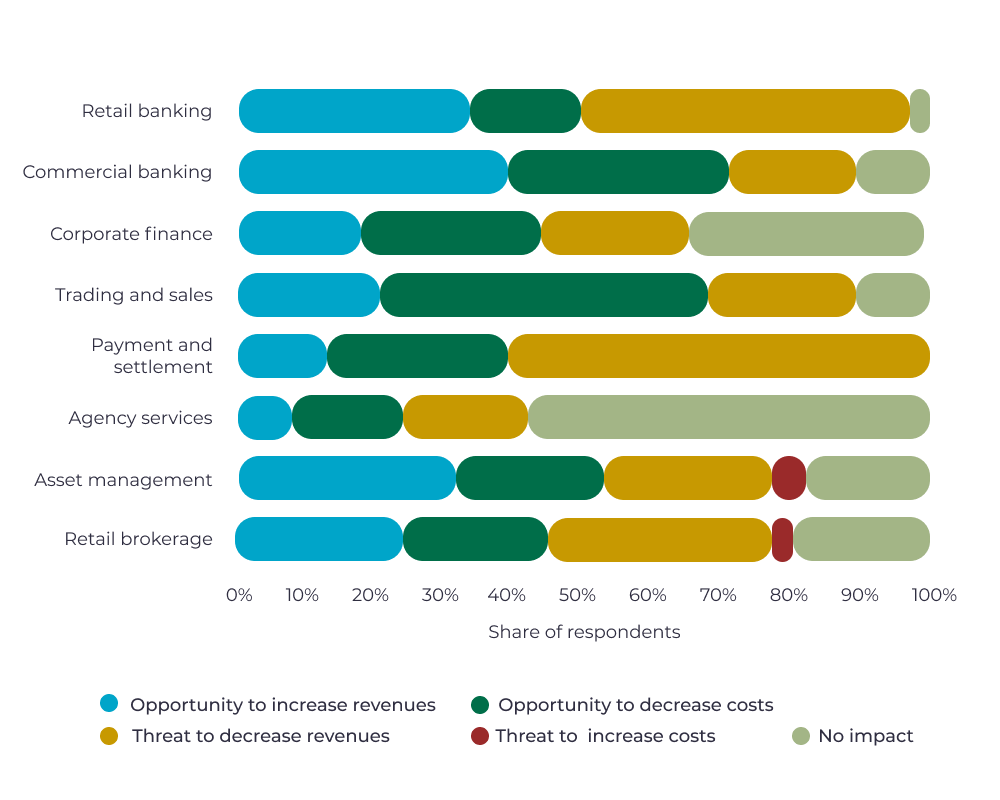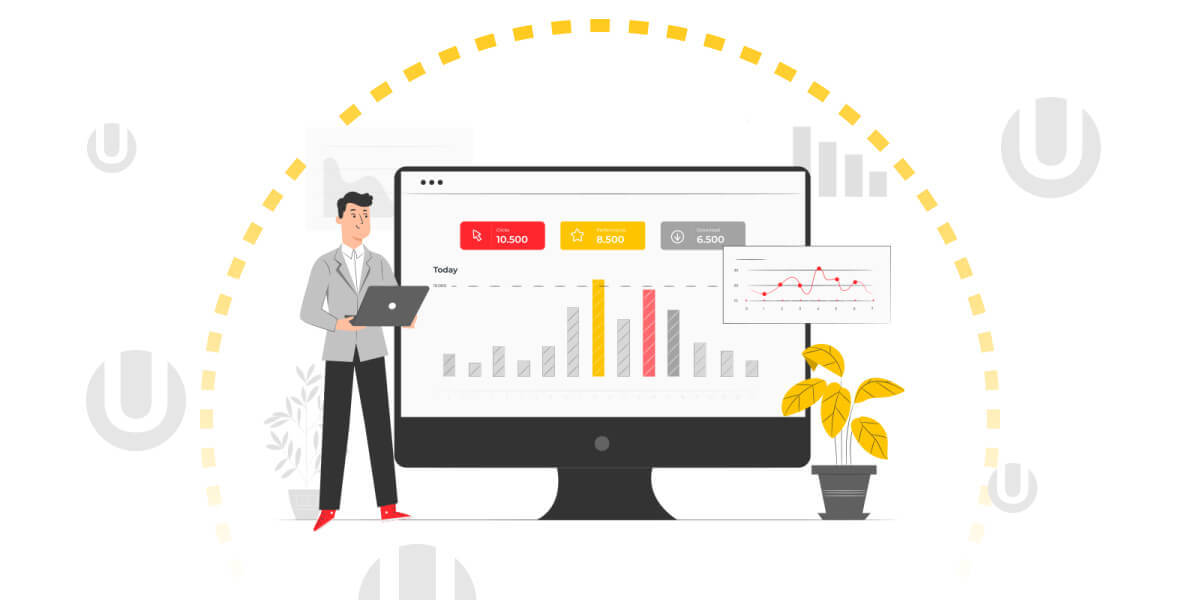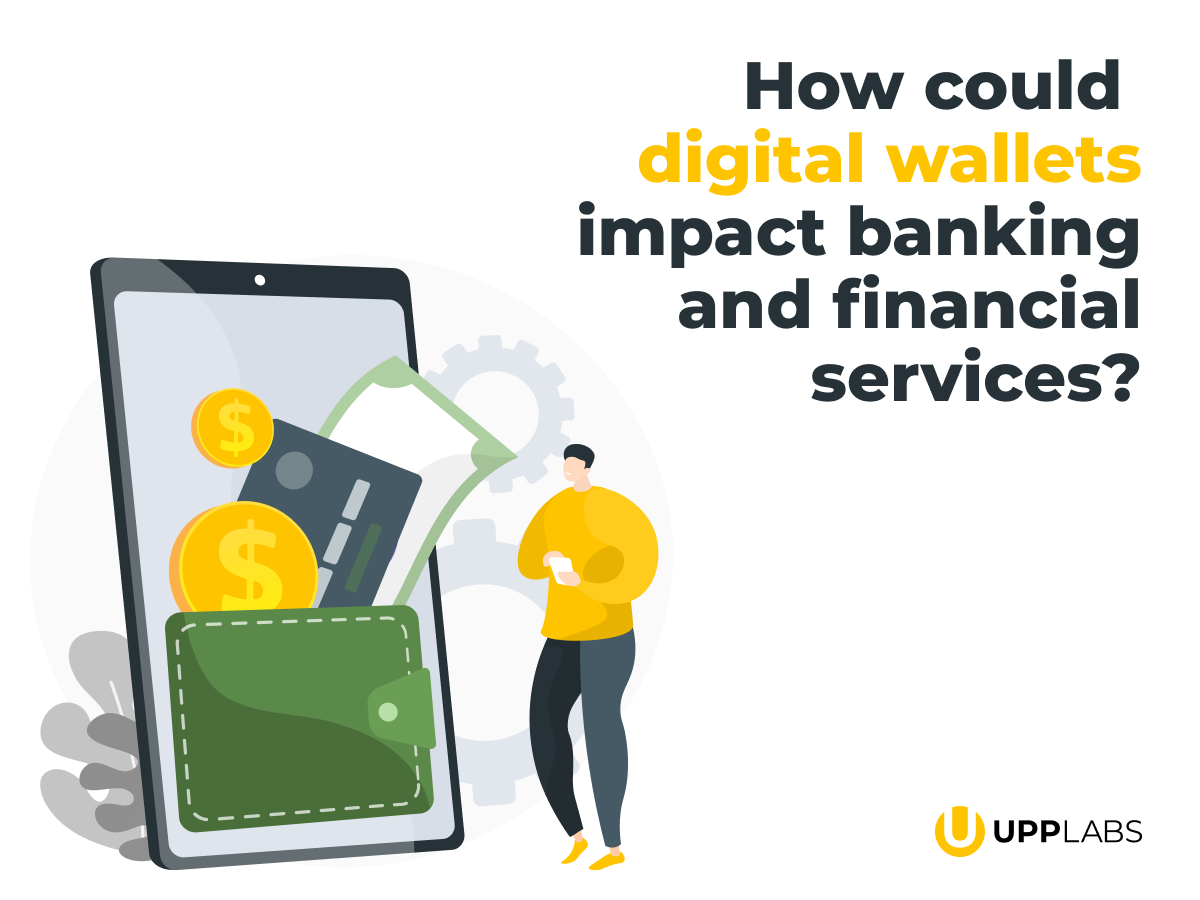In recent years, the rise of Fintech businesses has got much attention since they became challenging current financial service companies including the traditional banking model. In this article, we are going to provide a better understanding of this trend and explore the main business models in Fintech, the Neobank business model, and the benefits that digital transformation brings them.
Business models in Fintech
There are a number of Fintech business models that are already popular among clients, financial institutions, banks, and corporates among others. The list includes:
1. Digital banking
Some banks start to offer individual and business bank accounts using a complete digital infrastructure. This business model is almost the same as that of a bank with physical branches except that this model doesn’t require huge costs for manpower and real estate, that’s why customers can benefit from reduced rates.
2. Alternative credit scoring
There are cases when self-employed people with a steady source of income can’t pass bank loan screenings because of some strict credit scoring criteria. The new Fintech companies are trying to use a new approach by looking for back-up data like social signals and scoring amongst similar loan groups. Such alternative data together with AI algorithms can ease lending decisions. For example, if some of the negative profiles could be determined before loan disbursement, a bank can avoid loan recovery.
3. Alternative Insurance underwriting
As with alternative credit scoring, FinTech companies are creating different premium computing mechanisms using alternative data points including their lifestyle data and medical history. Combined with AI algorithms, such Insurance Fintech companies can decide whether or not to give insurance, which terms and conditions to provide, and what alternative payment options to use.
4. Insurtech
Insurtech is an insurance digital business model that is based on digital technology and very popular in sales and distribution, lead management, underwriting, claims, and renewal. Traditional insurance companies are transferring to such technologies as AI, data analytics, blockchain to help agents sell, set up virtual branches, and help maintain claims faster and more efficiently.
5. Transaction delivery
In terms of transaction delivery Fintech companies can create free products (like costly management apps), to gather clients’ data and then cross-pollinate them with the rest of the group to connect the client’s potential to pay premiums or invest in real business, etc. This Fintech business model can involve other types of FinTech companies, for example, some reselling financial products by third parties.
6. Peer-to-peer lending
P2P lending is used when a person wants to borrow money from other people. The same can scheme can be used for businesses, they can borrow money from other businesses. This model can ease the lending for investors, so they can get better returns than the ones offered in debt markets. FinTech companies can create platforms that allow matching different borrowers and lenders, taking the fee from the repayment operation.
7. Payment getaways
Payment gateways are platforms where customers can pay for a product on a merchant’s website. In the modern world of debit cards, digital wallets, credit cards, and cryptocurrencies, banks charge big fees for transactions, but FinTech companies are starting to use a model that allows integrating all of these payment methods into one app that online merchants can easily download and integrate on their website. Such payment apps are perfect for businesses selling their physical products or services to end-users.
8. Digital wallets
A digital wallet provides a secure payment system that uses passwords for numerous payment methods and websites. By using a digital wallet, users can fulfill purchases easily and quickly using online transfer technologies. It’s a general practice to have digital wallets combined with mobile payment systems, allowing clients to pay with their smartphones. A few examples of digital wallets are American Express, Apple pay, Paytm, PhonePe, Ezetap, Freecharge.
9. Asset Management
FinTech companies (like Robinhood) are empowering investors to sell for free in exchange for their data. They are transferring this data to high-frequency traders who have the ability to influence the price of the asset. Usually, the difference between the amount they save from trading fees and the slight increase in price is still reasonable.
10. Neo banking
Neobanking is a Fintech model, which means creating digital platforms – neobanks that can be more fast, efficient, adaptable, and cost-effective. Different neobanks have different purposes, some can manage online bank accounts, others can use budgeting and saving tools. There are neobanks that deal with accounting to automate finance, while some are helping with the credit process.
11. Wealthtech
Wealthtech companies are transferring the small retail investors into dominant wealth management reaching out to the mass segment with small value SIPs. This Fintech model presumes the use of such technologies as gamification of processes, Robo-advisory, and technology-driven wealth, sentiment analysis, portfolio management tools.
12. API-based bank-as-service-platform
The API-based bank-as-a-service platform is a backend that hosts independent Fintech startups and integrates them with any traditional banks. With the help of such platforms, financial institutions can easily start their products and bring them to the new markets. This allows non-banks to easily and cost-effectively launch additional financial products and expand into additional markets.
13. PoS or POP
The point of sale (POS) or point of purchase (POP) means the time and place for completing a retail transaction. A digital retail point of sale system includes a POS terminal that can process credit cards and implement payments through a swipe. POS companies are service providers that maintain both POS hardware and software solutions.
14. Small ticket loans
Financial institutions usually don’t want to approve smaller ticket loans because of the low margins and high costs. FinTech companies invented a new business model that allows to delivering buy mechanisms (like buy now & pay later) and one-click buy buttons on e-commerce websites that make clients buy quickly without applying any authentication or using any card details. This model allows making money by sharing customer data with the original equipment manufacturer (OEMs).
How Fintechs make their money?
In the first years of existing, the Fintech startups are usually mainly focused on growth instead of profit. But eventually, they are looking for new ways of making more money. How? Taking the Fintech model we described above, let’s highlight the main categories of their incomes:
- Budgeting and money management
(services that offer managing the incomes and expenditures) - Crowdfunding
(collections aimed to provide monetary contributions for projects or financial institutions) - Cryptocurrencies
(using a decentralized system) - Lending
(peer-to-peer lending platforms) - Robo-advising
(charging a certain percentage of total assets) - Subscription and Fees
(the money come from the consumers) - Third parties
(accounting services, credit scoring tool, health insurance) - Advertising
(product owners sell customers’ attention or data to advertisers and business partners) - Transferring Data
(gathering data and offering more personalized service to users) - API’s as revenue stream
(selling licenses and code)
A revenue model is based on such factors: who pays, what payment structure does he/she use, and how it impacts the consumer. The main challenge for Fintechs is to keep the business making money while maintaining the company’s mission and vision.
Fintech business stats 2020
The statistic shows how respondents see FinTech firms affecting the current business models of their banks.

We collected some of the main data collected from the Fintech market that work with various business models. When it gets to the market share and data analysis, the numbers always come out on top:
- The Fintech market share across 48 fintech unicorns is now worth over US$187 billion. That is slightly over 1% of the global financial industry.
- The global financial sector is expected to be worth US$26.5 trillion in 2022 with a CAGR (Compound Annual Growth Rate) of 6%.
- One of the biggest fintech products is a digital payment, which holds 25% of the Fintech market.
- E-commerce is one of the biggest growth drivers of Fintech, with a CAGR of 10–12%.
- 96% of global consumers are aware of at least one fintech service or company.
- This year, 90% of users made a mobile payment with their smartphone.
- By 2022, mobile transactions are projected to grow by 121%.
- By 2022, 78% of the United States’ millennial population will become digital banking users.
- Peer-to-peer (digital lending) was worth US$43.16 billion in 2018 and is expected to rise to US$567.3 billion in 2026 with a CAGR of 26.6%
- By the end of 2012, Robo-advisors are expected to manage $2 trillion in assets.
- AI could increase the profitability of all industry by an average of 39% by 2035.
How existing models can be transformed
To help Fintech startups navigate in the changes and transformations that take place in consumer banking, money transfers, and payments, insurance, asset management, private capital, and many more, we have identified the most important trends of Fintech business models. All of them are expected to boom in all areas of the financial services industry in the next five years:
- Banks develop non-physical service channels, implementing operational solutions, and developing new methods establishing contacts with potential clients, attracting new and retaining existing customers.
- The main priorities in money and payments transferring are security and simplification of payment transactions.
- Technological progress contributes to an increase in the volume of operations for issuing and obtaining loans without intermediaries.
- Increasing client autonomy with the provision of services without the need for direct contact with a person.
- The democratization of banking and personal finance management.
- Transfer to the next generation of payment platforms.
- Use of alternative retail payment service networks and money transfer systems.
- Increase of speed requirements for payments transfer and purchases on the Internet.
- Improving the efficiency of identifying and quantitative risk assessment.
- Standardization and regulations compliance of customer interactions at all points of interactions.
- The use of unconventional data collection solutions to improve the accuracy of risk and loss assessments.
How can UppLabs help
With UppLabs, you can launch a new web or mobile application for your business, rebuild your legacy system, get a sophisticated Fintech solution, or grow your engineering team with our developers.
- Open banking and credit reference agencies integrations
- AI- and Machine Learning-based Fintech solutions
- Money transactions platform engineering
- Payment systems integration and optimization
- Fintech web and mobile development
- Online trading and exchange platform engineering
Regardless of the Fintech business model your business follows, UppLabs is ready to help, as we mastered the latest Financial technologies and gained experience in creating reliable, secure, and sophisticated Fintech solutions and products. We have strong knowledge of Fintech trends, innovations, and new business model, we constantly learn, visit the best Fintech conferences, and have the best team of professional web and mobile developers.
Also, you can be sure that by partnering UppLabs you partner developers that are experienced in Fintech development standards and limitations.
Let’s talk about your Fintech opportunities!



